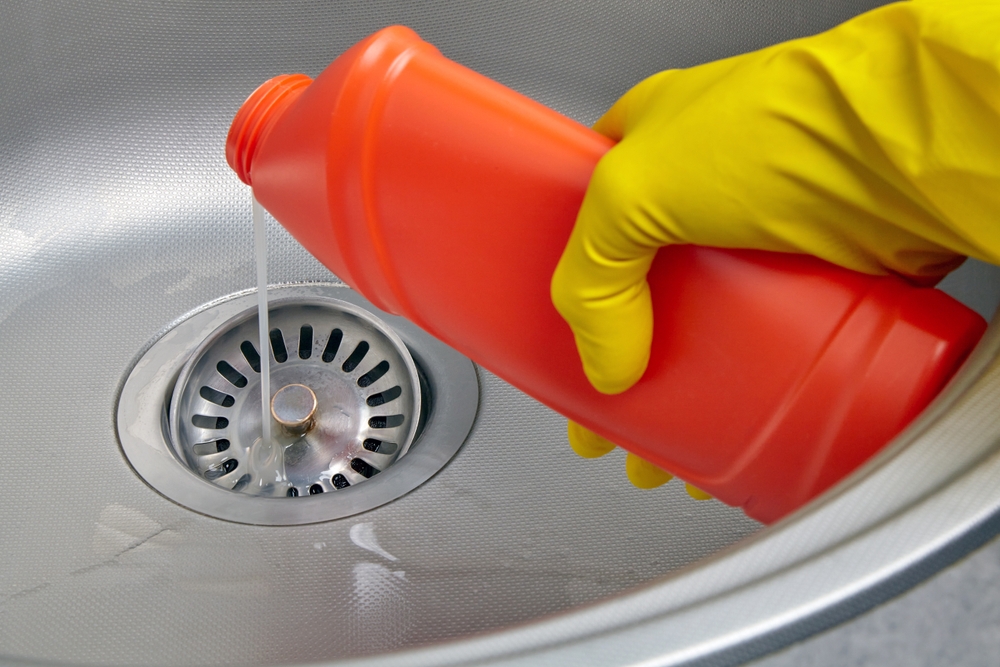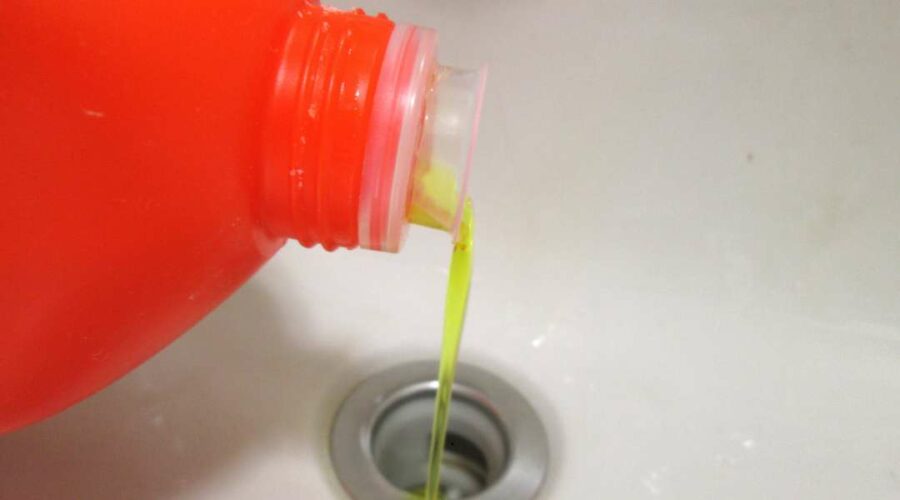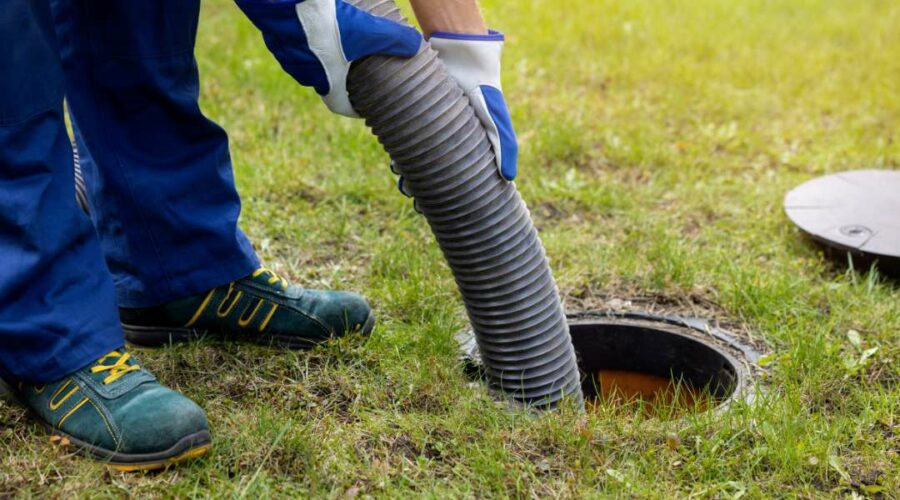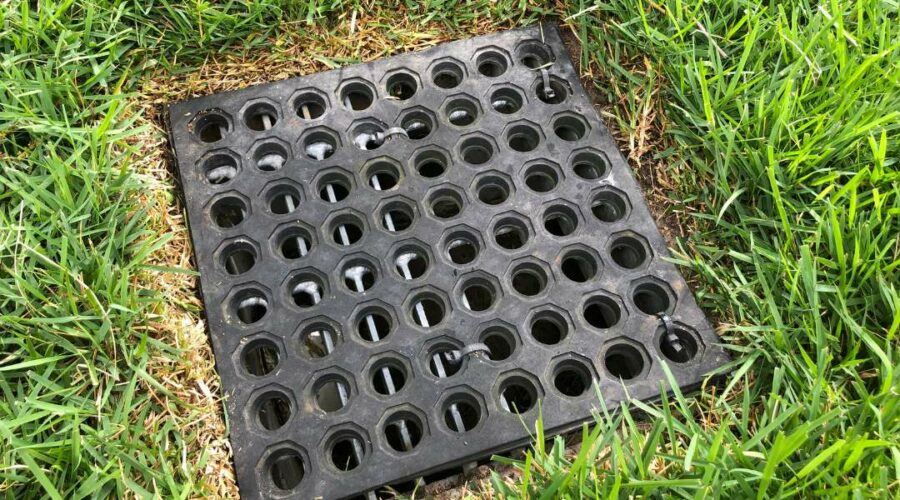Are you tired of dealing with clogged drains and the hassle of using harsh chemicals? Look no further! In this guide, we will show you how to unclog a drain naturally using simple household ingredients. Whether it’s a bathroom sink, kitchen sink, or shower drain, these natural remedies will save you time, money, and the headache of calling a plumber. Say goodbye to toxic fumes and hello to an eco-friendly solution that won’t harm your pipes or the environment. With just a few ingredients like baking soda, vinegar, and hot water, you can tackle stubborn clogs and keep your drains flowing smoothly. So, if you’re ready to learn the secrets of natural drain unclogging, read on and say goodbye to clogs once and for all!
Common causes of drain clogs
Drain clogs can be a real nuisance, causing water to back up and creating an unpleasant odor in your home. Understanding the common causes of drain clogs can help you prevent them in the future. One of the most common causes is a buildup of hair, soap scum, and other debris in bathroom drains. This can easily happen if you don’t have a hair catcher in your shower or if you flush things like dental floss or cotton swabs down the toilet.
Kitchen drains, on the other hand, are often clogged by food particles, grease, and oil. These substances can accumulate over time, causing a blockage that prevents water from flowing freely. Additionally, outdoor drains can become clogged with leaves, dirt, and other debris, especially during the fall season. By being aware of these common causes, you can take steps to prevent drain clogs and keep your plumbing system running smoothly.
Why choose natural methods to unclog drains?
When faced with a clogged drain, many people turn to harsh chemicals to get the job done. However, these chemicals can be harmful to your health and the environment. They release toxic fumes that you and your family may inhale, and they can also damage your pipes over time. That’s why it’s important to choose natural methods to unclog drains.
Natural ingredients offer a safe and effective alternative to chemical-based drain cleaners. They are gentle on your pipes while still being tough on clogs. Natural ingredients like baking soda, vinegar, salt, lemon juice, and essential oils can break down clogs and dissolve debris without causing any harm. Plus, they are readily available in most households, making them convenient and cost-effective solutions.
Natural ingredients for unclogging drains
When it comes to unclogging drains naturally, there are several ingredients you can use. Baking soda and vinegar, for example, are a powerful combination that can break down clogs and eliminate odors. Salt and boiling water can also be effective in removing grease and debris from kitchen drains. Lemon juice and baking soda create a fizzy reaction that can help dislodge stubborn clogs. Additionally, essential oils like tea tree oil and peppermint oil can be used to freshen up drains and prevent future clogs.
Each of these natural ingredients has its own unique properties that make it effective for unclogging drains. By understanding how they work, you can choose the right method for your specific needs and get your drains flowing freely again.
Vinegar and baking soda method
One of the most popular natural methods for unclogging drains is the vinegar and baking soda method. This powerful combination creates a chemical reaction that can break down clogs and eliminate odors. Here’s how to use it:
- Start by pouring a pot of boiling water down the drain to loosen any debris.
- Next, pour half a cup of baking soda into the drain.
- Follow it up with half a cup of vinegar.
- Quickly cover the drain with a plug or rag to contain the fizzing action.
- Let the mixture sit for about 30 minutes.
- Finally, flush the drain with hot water to wash away the loosened debris.
The vinegar and baking soda method is effective for most types of clogs, including hair, soap scum, and grease. However, it may not be as effective for severe or stubborn clogs. In those cases, you may need to repeat the process or try a different method.
Salt and boiling water method
If you’re dealing with a grease clog in your kitchen sink, the salt and boiling water method can be a great natural solution. Here’s how to do it:
- Start by boiling a pot of water.
- While the water is boiling, pour half a cup of salt down the drain.
- Once the water is boiling, carefully pour it down the drain.
- Let it sit for a few minutes to dissolve the grease.
- Finally, flush the drain with hot water to wash away any remaining residue.
The salt and boiling water method is particularly effective for removing grease clogs because salt acts as a natural abrasive that helps break down the grease. It’s important to note that this method may not work for other types of clogs, such as hair or soap scum. For those, you may need to try a different method.
Lemon juice and baking soda method
If you’re looking for a natural method that not only unclogs drains but also leaves them smelling fresh, the lemon juice and baking soda method is a great choice. Here’s how to use it:
- Start by pouring a pot of boiling water down the drain.
- Next, sprinkle half a cup of baking soda into the drain.
- Squeeze the juice of one lemon into the drain.
- Let the mixture sit for about 30 minutes.
- Finally, flush the drain with hot water to wash away the loosened debris.
The lemon juice and baking soda method is effective for removing odors and breaking down clogs caused by hair, soap scum, and grease. The acidic properties of lemon juice help dissolve the debris, while the baking soda provides a gentle abrasive action.
Essential oils for unclogging drains
In addition to the methods mentioned above, essential oils can also be used to unclog drains naturally. Tea tree oil and peppermint oil are particularly effective for this purpose. Here’s how to use them:
- Start by pouring a pot of boiling water down the drain.
- Add a few drops of tea tree oil or peppermint oil to the drain.
- Let it sit for about 30 minutes.
- Finally, flush the drain with hot water to wash away any loosened debris.
Essential oils not only help unclog drains but also leave behind a pleasant scent. They can also help prevent future clogs by repelling insects and bacteria. However, it’s important to note that essential oils should be used sparingly, as they can be harmful if ingested or applied directly to the skin.
Prevention tips for avoiding future drain clogs
While natural methods can effectively unclog drains, prevention is always better than cure. Here are some tips to help you avoid future drain clogs:
- Use a hair catcher in your shower to prevent hair from going down the drain.
- Avoid flushing items like dental floss, cotton swabs, and wipes down the toilet.
- Dispose of cooking grease and oil in a separate container instead of pouring it down the sink.
- Run hot water down the drain after each use to flush away any residue.
- Regularly clean your drains using natural methods to prevent buildup.
By following these simple tips, you can keep your drains clog-free and avoid the hassle of unclogging them in the future.
Professional drain cleaning services
If you’ve tried all the natural methods and still can’t unclog your drain, it may be time to call in the professionals. Drain cleaning services have specialized tools and equipment that can tackle even the toughest clogs. They can also inspect your plumbing system to identify any underlying issues that may be causing recurring clogs. While professional services may cost more than DIY methods, they offer a quick and efficient solution that ensures your drains are clear and functioning properly.
Conclusion
Dealing with a clogged drain can be a frustrating experience, but it doesn’t have to be. By using natural methods, you can effectively unclog drains without the need for harsh chemicals or expensive plumbing services. Whether you choose the vinegar and baking soda method, the salt and boiling water method, the lemon juice and baking soda method, or essential oils, you can tackle stubborn clogs and keep your drains flowing smoothly. Remember to follow prevention tips to avoid future clogs and consider professional drain cleaning services if all else fails. With these tips and tricks, you can say goodbye to clogs once and for all and enjoy a hassle-free plumbing system.






